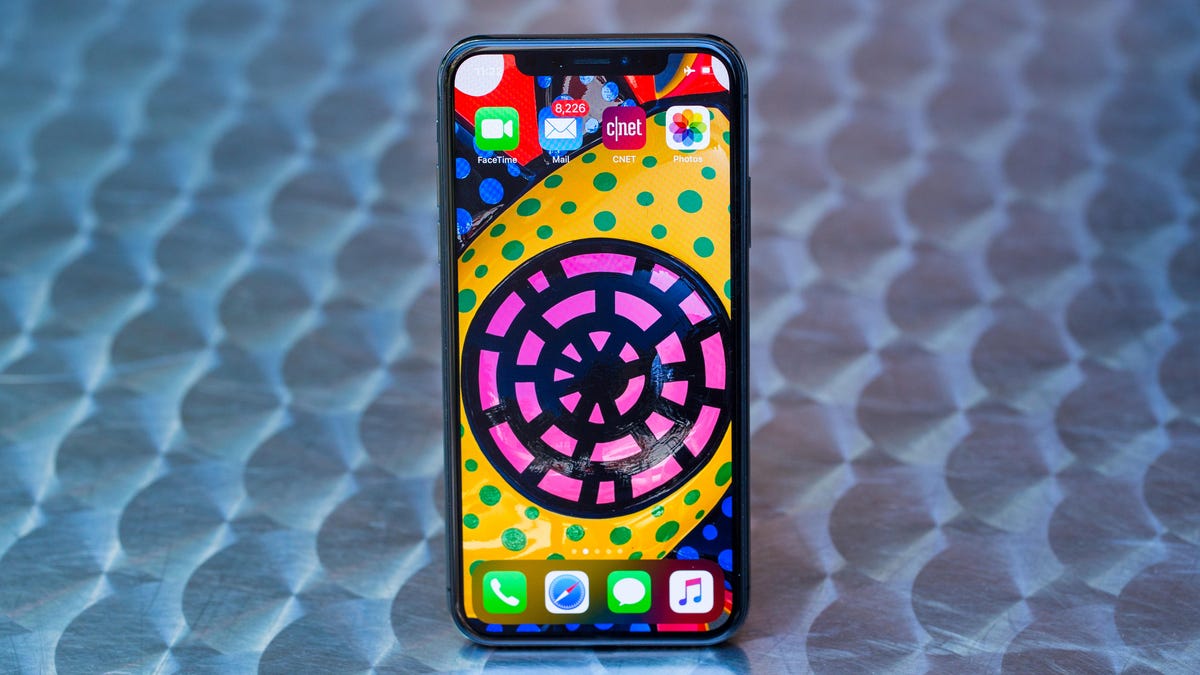Apple nabs Intel's modem business in $1 billion bet on 5G
The purchase gives Apple key technology and 2,200 engineers to build its own wireless chips.

Apple is buying Intel's smartphone modem business.
It's official. Apple's taking a leap forward in wireless chips by buying Intel's smartphone modem business for $1 billion.
The two companies announced the news Thursday. About 2,200 Intel employees will join Apple, along with intellectual property, equipment and leases. The deal should close in the fourth quarter.
"We've worked with Intel for many years and know this team shares Apple's passion for designing technologies that deliver the world's best experiences for our users," Johny Srouji, Apple's senior vice president of hardware technologies, said in a press release. Apple's current iPhones -- the iPhone XS, XS Max and XR -- use Intel modems, while older iPhones use 4G chips from Qualcomm .
The new Apple engineers, "together with our significant acquisition of innovative [intellectual property], will help expedite our development on future products and allow Apple to further differentiate moving forward," he said.
Intel CEO Bob Swan said in a statement that the deal will let his company focus on developing 5G for use outside of phones, while holding onto "critical" intellectual property and modem technology Intel has created.
"We're looking forward to putting our full effort into 5G where it most closely aligns with the needs of our global customer base, including network operators, telecommunications equipment manufacturers and cloud service providers," he said.
Apple has been expanding in the components market as it seeks to own all of the hardware and software in its devices. By building its own chips, Apple is able to better control the features it releases, as well as manage the timeline for introducing new devices. Buying Intel's technology gives it a key piece of the puzzle it doesn't control -- the modem that taps into cellular networks.
The iPhone maker also gains vital patents to protect itself from other mobile companies like Huawei , which has sued rivals for patent infringement.
The 5G angle
Importantly, getting access to Intel's 5G technology could help Apple jumpstart efforts to make chips that connect its phones to the new, super-fast 5G wireless network. Intel had problems making a 5G chip for Apple's iPhones, and it exited that business after Apple and Qualcomm reached a multiyear chip supply agreement in April. But it still owns important patents that could benefit Apple.
While Intel's technology won't help launch a 5G iPhone this year, it could speed up Apple's in-house development efforts.
"This would be a clear 'doubling down' on 5G, which remains at the centerpiece of the company's smartphone future with these chip assets giving Apple further control over its supply chain and core chip design," Wedbush analyst Daniel Ives noted earlier this week, when news broke of a possible deal.

